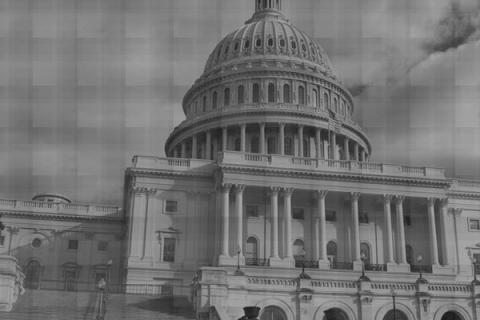After being defeated in September, The STEM Jobs Act, is poised to make a return to the House floor. Sponsor Lamar Smith (R-Texas) introduced the original, H.R. 6429, and the bill failed to win a 2/3 majority to pass under suspended rules voting.
STEM refers to U.S. graduates with science, technology, engineering, and math degrees. These are known as the ‘hard’ sciences. A Georgetown University Report from last year found:
“STEM occupations will grow far more quickly than the economy as a whole (17% versus 10%), and will be the second-fastest growing occupational cluster, after Healthcare occupations.”
In an attempt to help fill the emerging job gap, the bill “eliminates the diversity lottery green card program and reallocates up to 55,000 green cards a year to new green card programs for foreign graduates of US universities with advanced STEM degrees.”
Democrat and Tri-caucus opposition that voted down the bill in September cited concerns over eliminating the lottery system. The ‘Diversity Immigrant Visa Program’ currently uses a random selection process to award green cards to individuals haling from countries with lower rates of immigration. Eliminating the random lottery would likely affect African countries disproportionately.
Zoe Lofgren (D-California) introduced a competing bill, H.R.6412, also known as the “Attracting the Best and Brightest Act of 2012,” in October to compete with Smith’s. Lofgren’s bill keeps the lottery program in place and also makes up to “50,000 visas available to qualified immigrants.” It is more likely to pass the Senate but faces an uphill battle in the House. Lofgren voiced her concerns of Smith’s bill on the House floor when it was first introduced
"First, although this bill ostensibly seeks to increase STEM visas, it appears to have another, in my opinion, more sinister purpose—to actually reduce legal immigration levels… On its face, the bill eliminates as many visas as it creates by killing the diversity visa program, which benefits immigrants from countries that have low rates of immigration to the United States. But the bill also discreetly ensures that many of the new visas will go unused by preventing unused visas after 2014 from flowing to other immigrants stuck in decades-long backlogs.”
Smith denies claims that his bill would reduce immigration and commented on the lottery program in a New York Times op-ed:
“former State Department officials and the nonpartisan Government Accountability Office have found the lottery an open invitation to fraud and a jackpot for terrorists.”
He is likely referring to a September 2012 report by the Government Accountability Office on border security. The report indicated that ‘visa facilitators’ have abused the free lottery system by charging exorbitant fees and withholding petitioner information.
In order to facilitate STEM-related immigration, compromise on the Immigrant Diversity Program will likely be necessary. The goals of reducing abuse while encouraging STEM-educated immigrants to bolster America’s global economic competitiveness are not easily achieved. Both Republicans and Democrats see the importance of STEM-related professionals to economic progress, but are at odds on the appropriate execution.

